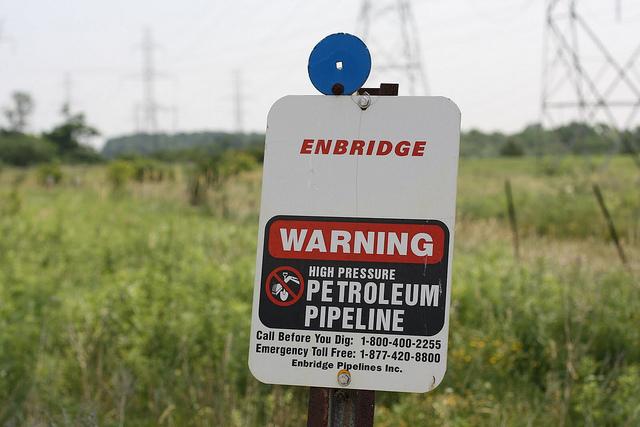No, the weather is not “bipolar.”
Today in lecture, my professor flippantly used the term “schizophrenic” to describe the nature of a life as a scientist. I was deeply disturbed and personally offended by this casual metaphorical use of this term. Especially troubling is the fact that this term was used in a classroom full of students preparing to enter health care professions, perhaps giving the impression that the use of this word in such a context is appropriate and inoffensive.
The misuse of mental health terms can be extremely problematic, and it perpetuates a cycle of stigma that oftentimes follows the diagnosis of a mental health disorder.
While some might argue that the casual use of mental health terms is a sign of progress as it means we’re finally talking about mental health, or that it stimulates dialogue about the disorders, I find it extremely problematic because it gives false information about what it means to have a mental health disorder. It also ignores the pain and hardships experienced by people with mental illness and their loved ones due to a mental health condition.
While it might serve as a vehicle for dialogue, it is important to remember that such use can be extremely offensive, and that it might serve as a trigger for those with mental health issues.
As a student with a bipolar disorder diagnosis, I must say that I was personally offended by my professor’s flippant use of the mental health term.
I don’t mean to say that I speak for all people with mental health diagnoses, for grouping all disorders together is also problematic as each illness is unique in its characteristics and treatments. I simply mean to draw from my personal experiences to bring attention to the larger issue at hand.
Terms meant to describe very serious disorders are being used as a sort of hyperbole. We must overcome this misuse in order to cultivate healthy, empowering dialogues about mental health issues that reduce the oftentimes crushing weight of stigma.
Leah Dittberner ([email protected]) is a junior majoring in environmental studies and biological aspects of conservation.











